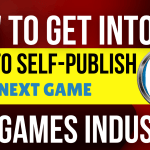The process of publishing a game can be a long and difficult one, but it can also be exciting and rewarding. From the early stages of game development to post-publication support, publishing a game necessitates careful planning, attention to detail, and an eagerness to adapt and improve.
In this article, we’ll look at the various stages of the publishing process, such as why you should publish a game, how to choose a platform and publisher, how to prepare for publication, and how to provide ongoing support. We will also highlight some successful game publishers and their success strategies.
Contents: Publishing a Game
A Step-by-Step Guide to Publishing a Game
Below is the guide that will allow to make your idea into reality and help you understand the process of publishing a game.
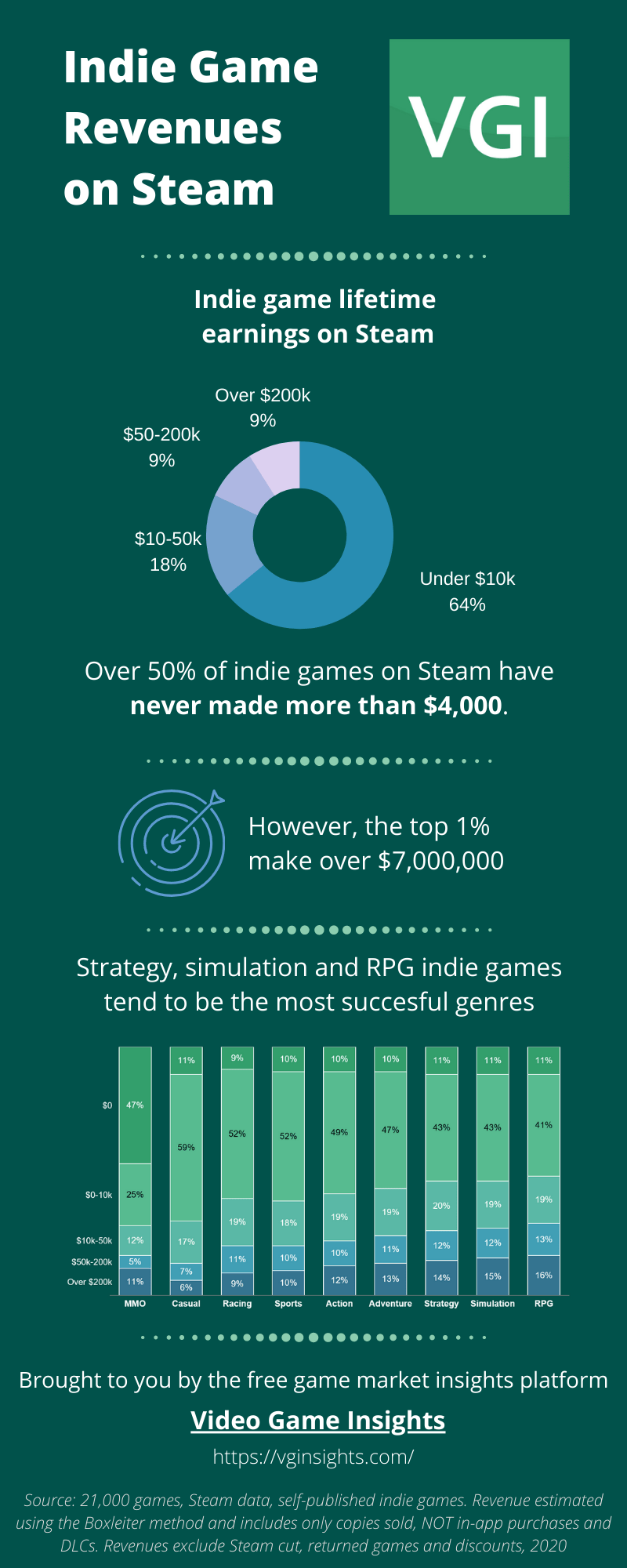
Why publish a game?
Publishing a game can be a rewarding experience for game developers, offering both financial gain and the opportunity to share their creativity with a wider audience. There are many benefits to publishing a game, including:
- Financial gain: One of the primary reasons for publishing a game is the potential for financial gain. While the market for videogames is competitive, a successful game can generate significant revenue for the developers.
- Sharing creativity with a wider audience: Indie game developers often have a strong passion for game development and a desire to share their creativity with others. Publishing a game allows them to share their ideas and creations with a wider audience and potentially make a positive impact on players.
- Personal and professional growth: Developing and publishing a game can be a challenging and rewarding experience that allows developers to learn new skills and grow both personally and professionally.
- Sense of accomplishment: Seeing a game through to completion and successfully publishing it can be a significant accomplishment for indie game developers. It can provide a sense of pride and satisfaction in their work.
- Opportunities for future projects: A successful game can lead to opportunities for future projects, such as follow-up games or partnerships with other developers or publishers.
Publishing a videogame can be a fulfilling and rewarding experience for indie game developers, both financially and personally. It allows them to share their creativity with others, grow as developers, and potentially open up new opportunities for future projects.
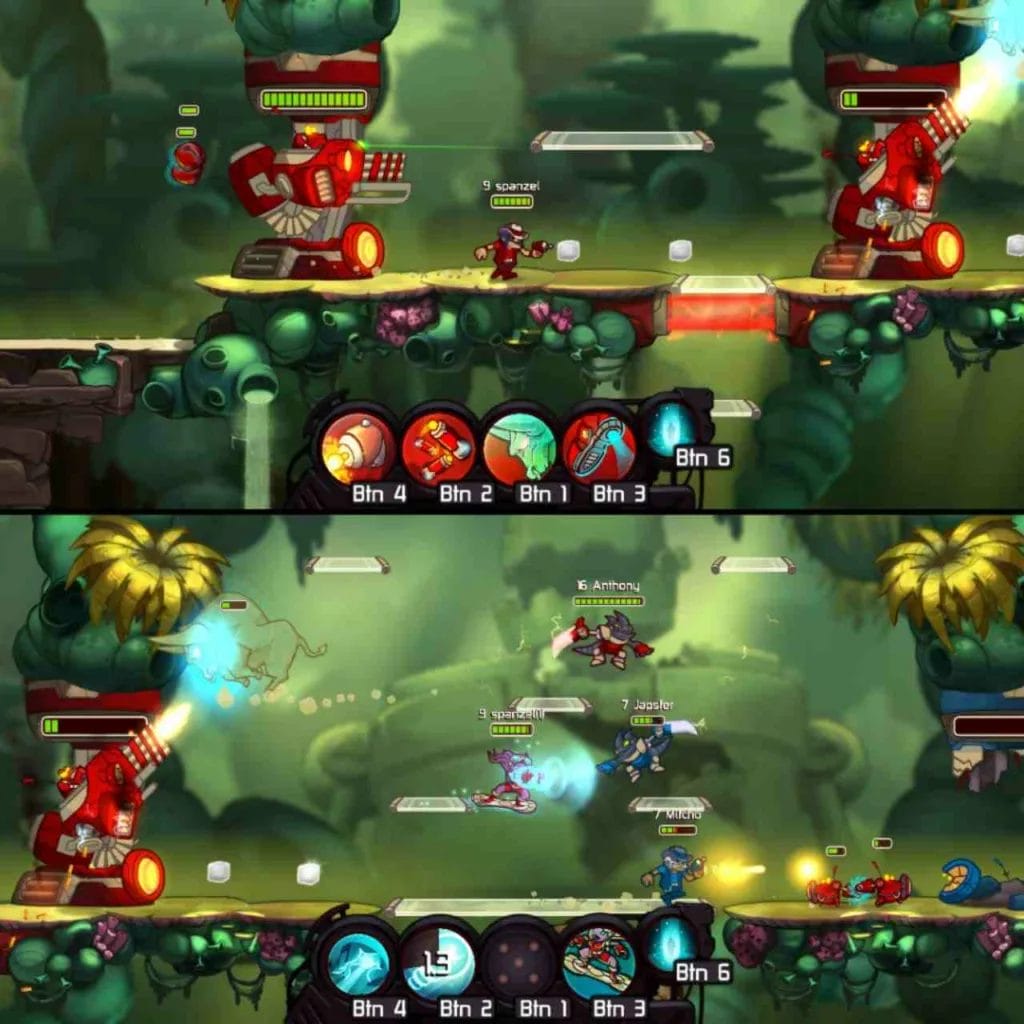
Examples of successful indie game publishers
Indie game publishers are smaller companies that specialize in publishing independent games, often developed by smaller teams or individual developers. Some examples of successful indie game publishers include:
- Devolver Digital: Devolver Digital is a publisher that specializes in supporting independent developers and helping them bring their games to a wider audience. Some of their notable releases include Hotline Miami, Enter the Gungeon, and Katana Zero.
- Raw Fury: Raw Fury is an indie game publisher that focuses on working with small development teams to bring their games to market. Some of their notable releases include Kingdom: New Lands, GoNNER, and Streets of Rogue.
- Annapurna Interactive: Annapurna Interactive is an indie game publisher that focuses on publishing emotionally resonant and unique games. Some of their notable releases include What Remains of Edith Finch, Donut County, and Outer Wilds.
- Team17: Team17 is a publisher that specialized in supporting independent developers and helping them bring their games to a wider audience. Some of their notable releases include The Escapists, Yoku’s Island Express, and Overcooked.
- Finji: Finji is an indie game publisher that focuses on supporting diverse and innovative game development. Some of their notable releases include Night in the Woods, Overland, and Celeste.
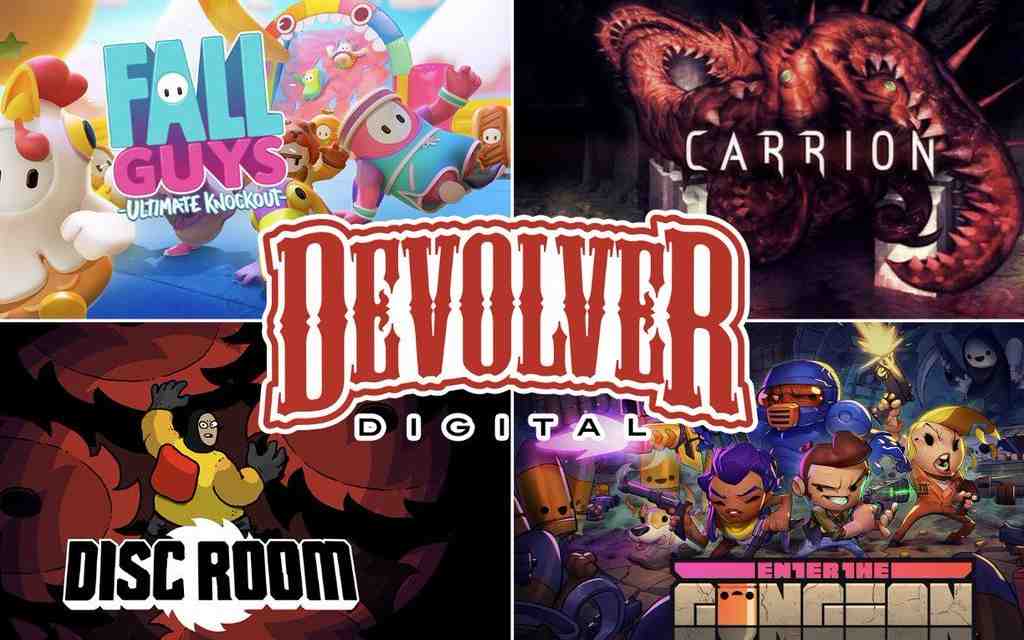
Examples of successful game publishers
There are many successful game publishers in the industry, including:
- Nintendo: Nintendo is a Japanese multinational video game company founded in 1889. The company is known for its popular franchises such as Mario, The Legend of Zelda, and Pokémon.
- Electronic Arts (EA): EA is an American video game company founded in 1982. The company is known for publishing popular franchises such as FIFA, Battlefield, and The Sims.
- Activision Blizzard: Activision Blizzard is an American video game company founded in 1979. The company is known for publishing popular franchises such as Call of Duty and World of Warcraft.
- Ubisoft: Ubisoft is a French video game company founded in 1986. The company is known for publishing popular franchises such as Assassin’s Creed, Far Cry, and Tom Clancy’s.
References:
Top Indie game publishers in 2018
- “Video game industry.” Wikipedia. https://en.wikipedia.org/wiki/Video_game_industry
- “Electronic Arts.” Wikipedia. https://en.wikipedia.org/wiki/Electronic_Arts
- “Activision Blizzard.” Wikipedia. https://en.wikipedia.org/wiki/Activision_Blizzard
- “Ubisoft.” Wikipedia. https://en.wikipedia.org/wiki/Ubisoft
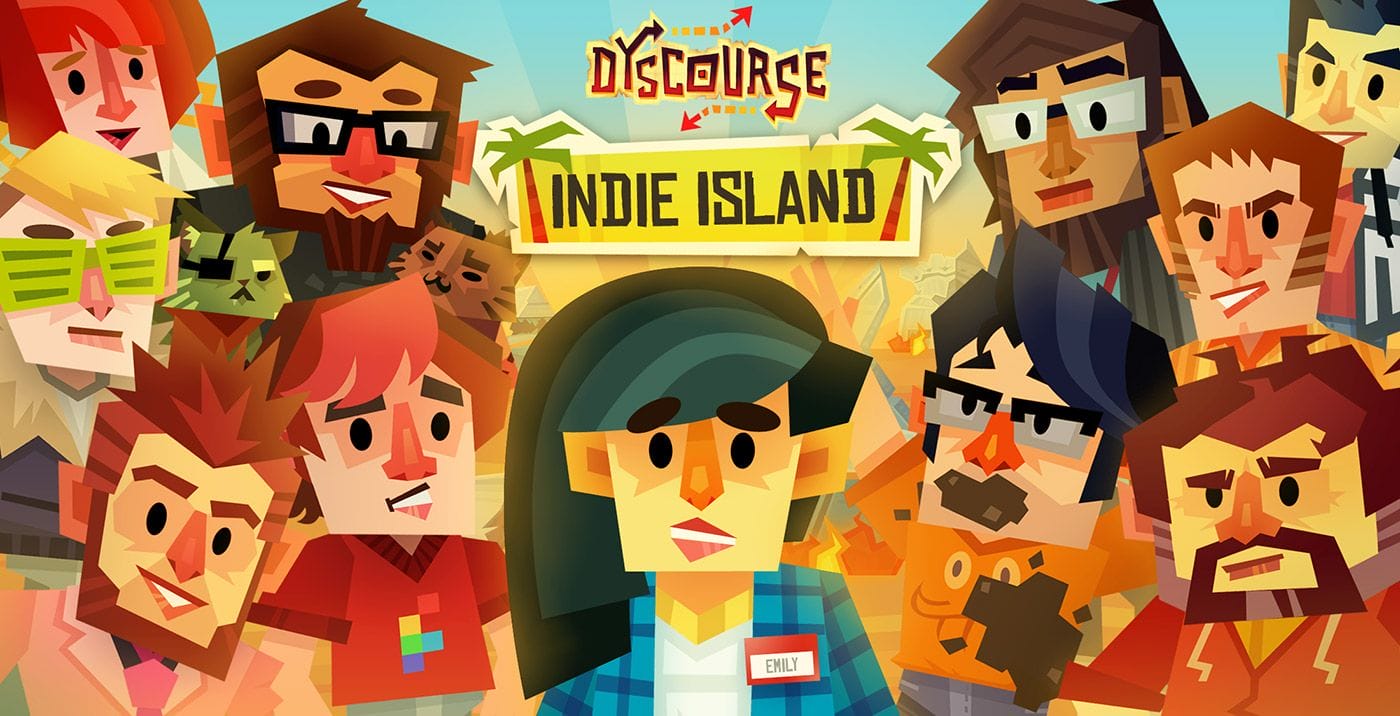
Choosing a platform for publishing
When it comes to publishing a game, developers have several options to choose from, including self-publishing, publishing through a third-party, and crowdfunding.
Self-publishing: Self-publishing a game refers to the process of releasing a game independently, without the assistance of a publisher. This can be a good option for developers who want complete control over the publishing process and retain all the profits from their game. However, self-publishing also requires developers to handle all the tasks involved in releasing a game, such as testing, marketing, and customer support, which can be time-consuming and resource-intensive.
Publishing through a third-party: Developers can also choose to publish their game through a third-party publisher, such as a game development studio or platform. This can be a good option for developers who want support and resources to help them release their game, but may have to give up some control and a portion of the profits in exchange. Some popular third-party platforms include Steam, the Apple App Store, and Google Play.
Crowdfunding: Another option for publishing a game is crowdfunding, where developers can raise money from a large number of backers to fund the development and release of their game. Crowdfunding can be a good option for developers who want to test the market demand for their game and secure funding without giving up control or profits. However, it can be difficult to reach the funding goal and there is no guarantee of success. Popular crowdfunding platforms include Kickstarter and Indiegogo.
It’s important for developers to consider the pros and cons of each platform before deciding which option is best for their game. Some factors to consider include the level of control and profits desired, the resources and support available, and the specific requirements and guidelines of each platform. Developers may also want to research the success rates and experiences of other developers who have published on a particular platform.

References:
How To Publish A Video Game: Self Publish VS Publisher
- “Self-publishing vs. Traditional Publishing.” The Balance Careers. https://www.thebalancecareers.com/self-publishing-vs-traditional-publishing-2947035
- “How to Choose the Best Crowdfunding Platform for Your Project.” Forbes. https://www.forbes.com/sites/forbesbusinesscouncil/2018/06/06/how-to-choose-the-best-crowdfunding-platform-for-your-project/?sh=e923ec7a6dba
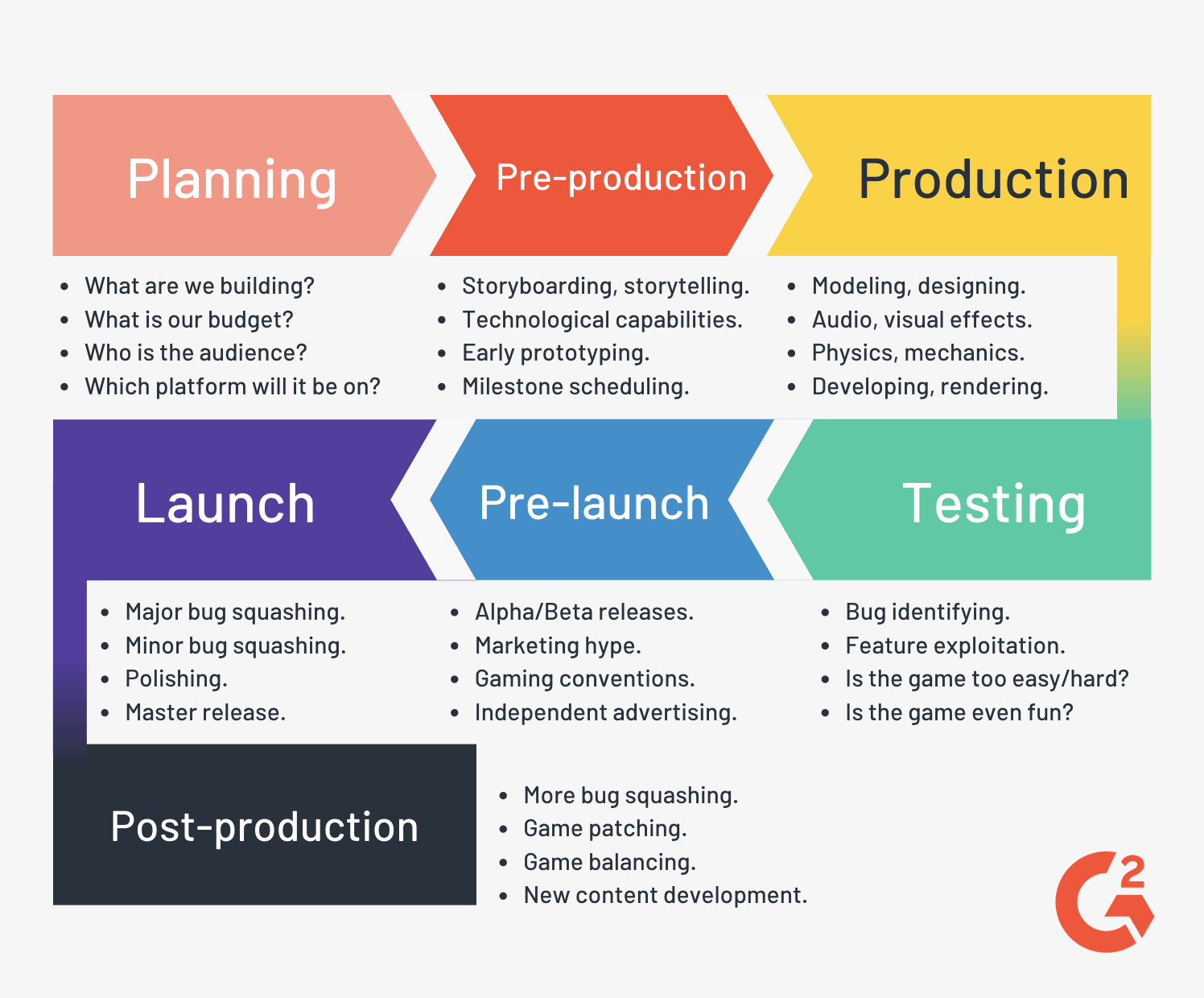
Video Game Publishing: An Overview
Publishing a video game is the process of releasing a completed video game for consumers to purchase and play. This involves manufacturing physical copies of games as well as making games available digitally through online platforms. Game publishing encompasses everything from securing financing and licensing to marketing, distribution, and monetization.
Work With a Publisher
Working with an established video game publisher has many potential benefits for developers looking to release a game. Publishers often provide funding for development costs in exchange for a percentage of the revenue from game sales. They also have the staff, connections, and resources needed for releasing, marketing, and distributing the game to a wide audience across multiple platforms like Playstation, Xbox, Nintendo Switch, and PC.
Even with the best intentions, publishers want assurance that the video game will sell well enough to justify their investment. This may lead to situations where the developer’s creative freedom is limited by the publisher’s commercial interests. Publishers tend to favor sequels to existing big-name franchises over taking risks on innovative but untested game ideas.
Self-Publish Your Game
With digital distribution platforms like Steam, self-publishing games has never been more viable. Self-publishing offers complete creative control and a larger share of profits, but requires handling all publishing responsibilities spanning production, marketing, release coordination, and customer support.
New game developers face a daunting task gaining traction in a competitive marketplace cluttered with titles vying for players’ attention. Community building prior to release and post-launch support is vital to get your game noticed. Self-publishing may suit small independent studios willing to slowly build an audience for their games over time.
Steps for Releasing Your Game
Publishing a game, whether working with a publisher or self-publishing, follows a similar overall workflow. Main steps include:
Benefits and Drawbacks
Consider if self-publishing or finding a publisher best aligns with your development resources, budget, target platforms, creative vision and revenue split preferences.
Production
Create game prototypes then develop full gameplay features, artwork, sound etc. Providing regular playable builds is key for publisher milestone evaluations.
Community Building
Engage players early by launching a website, social media profiles, forums, discord channel and email list providing development updates. Consider Early Access for player feedback.
Store Page
Setup your game’s store page providing descriptions, screenshots and trailers so players can wishlist your game to be notified at launch.
Marketing and Promotion
Submit to influencers for previews and reviews. Reach press outlets for articles on announcement and launch. Promote through social media campaigns and paid advertising.
Polishing and Bug Fixing
Playtest thoroughly across various hardware to squash bugs. Apply finishing touches ensuring stability and enjoyment for first impressions at release.
Release Coordination
Work with platform storefronts on pricing, launch timing and key promotion placement. Have customer support plans established for post-launch communications.
Releasing a video game from initial concept to actual launch in players hands spans countless sub-tasks. Team up with an experienced publisher or brace for an uphill yet rewarding journey self-publishing an indie passion project game.
How to publish a game on steam
So, what do you need to publish your game on Steam? Things are simple on the Steam side. It used to be considerably more difficult to publish your game on Steam, but with the development of competitors like as itch.io and the Epic Games Launcher, Steam’s approach to publishing has evolved dramatically.
Cost
To publish your game on Steam, you must register an account and pay a one-time cost of US$100. They will, however, refund your money if your game generates $1,000 in gross revenue from sales on the Steam store.
Commission
There is also a 30% commission on every transaction made on Steam, which means you will make 70% of every sale. For example, if your game sells for $10, you’ll make $7, and Steam will make $3.
There is also a slew of best practices for your store listing, but you should watch the video above for more information.
Establishing a Steam developer account and selling your game on Steam is simple. But what about creating the correct package to upload?
How you bundle your game for Steam will be heavily influenced by the engine you use. Every engine does it differently. Different engines can also generate builds for various operating systems. So we will have to take a look at the different processes associated with the different game engines/technologies used for your gamed development.
Preparing for publication / game publishing process
Before releasing a game, it’s important for developers to carefully plan and prepare for the game publishing process. This includes creating a professional, cohesive game design document and conducting playtesting to ensure a high-quality game.
The importance of creating a professional game design document
A game design document (GDD) is a comprehensive document that outlines the gameplay mechanics, narrative, and visual style of a game. It serves as a reference guide for the development team and helps ensure that everyone is working towards the same vision for the game. A well-written GDD can also be used to pitch the game to publishers or investors.
Tips for writing a comprehensive game design document:
- Clearly define the core gameplay mechanics and how they fit into the overall game design
- Outline the story and characters, including their motivations and relationships
- Describe the game world and its rules and physics
- Detail the visual style and user interface design
- Include concept art, mock-ups, and other visual aids to illustrate your ideas
- Use clear and concise language, and avoid technical jargon as much as possible
The role of playtesting in ensuring a high-quality game
Playtesting is the process of testing a game with a group of players to gather feedback and identify any issues or improvements that need to be made. Playtesting is an important part of the development process, as it can help developers identify and fix problems with the game before it is released.
Tips for effective playtesting:
- Recruit a diverse group of testers, including players with different skill levels and backgrounds
- Gather feedback from testers through surveys, interviews, and other methods
- Analyze the feedback and identify common issues or areas for improvement
- Iterate on the game based on the results of the playtesting
The importance of building a marketing plan to promote your game
Marketing is an essential part of the publishing process, as it helps developers reach their target audience and generate interest in the game. Developing a marketing plan can help developers focus their efforts
The publishing process
Once a game is ready for release, developers will need to go through the process of submitting it for publication. This process can vary depending on the platform and publisher, but there are some general steps that are typically involved.
- Submit the game for review: Most platforms and publishers require developers to submit their game for review before it is released. This process ensures that the game meets certain quality standards and follows the platform’s guidelines.
- Provide required documentation: Developers may need to provide various types of documentation as part of the submission process, such as a game design document, marketing materials, and legal documents.
- Conduct testing: Many platforms and publishers require developers to conduct testing to ensure that the game is stable and performs well. This may include alpha and beta testing, as well as testing on different hardware configurations.
Tips for working with a publisher or platform to ensure a smooth process:
- Communicate clearly and regularly with the publisher or platform
- Follow the guidelines and requirements provided
- Meet deadlines and provide updates as needed
- Be open to feedback and willing to make necessary changes to the game
The role of contracts and legal considerations in the publishing process
Contracts and legal considerations are an important part of the publishing process, as they outline the rights and responsibilities of the developer and publisher. Developers should carefully review and understand any contracts they are asked to sign, and consider seeking legal advice if necessary.
Tips for understanding and negotiating contracts:
- Work with a lawyer: It can be helpful to work with a lawyer who has experience with game development contracts. A lawyer can help you understand the terms of the contract and negotiate any changes that you want.
- Understand your rights and responsibilities: Make sure you understand what rights you are giving up and what responsibilities you are taking on as part of the contract.
- Negotiate terms that are fair: Don’t be afraid to negotiate terms that you feel are unfair or unreasonable. It’s important to advocate for your interests and ensure that you are getting a fair deal.
- Get everything in writing: Make sure that all agreements and terms are clearly outlined in the contract. Don’t rely on verbal agreements or understandings.
Post-publication support
Once a game is published, it’s important for developers to provide ongoing support to ensure a positive player experience. This can include bug fixes, content updates, and community management.
The importance of ongoing support for your game
Ongoing support is essential for maintaining a positive player experience and ensuring the long-term success of a game. This can include bug fixes to address technical issues, as well as content updates to keep the game fresh and engaging.
The role of community management in maintaining a positive player experience
Community management refers to the process of interacting with and managing the online community of players for a game. This can include responding to player feedback, moderating online communities, and creating a positive, welcoming atmosphere for players. Effective community management can help maintain a positive player experience and encourage player retention.
Tips for effective community management:
- Respond to player feedback: It’s important to listen to and acknowledge player feedback, and to address any issues or concerns that are raised.
- Moderate online communities: It’s important to ensure that online communities are safe and welcoming for players, and to take action to address any toxic or harmful behavior.
- Create a positive, welcoming atmosphere: Encourage positivity and inclusivity in online communities

Examples of successful post-publication support strategies
There are many ways that developers can provide ongoing support for their games. Some examples include:
- Patches: Patches are updates that fix bugs and address other technical issues. They are an important part of maintaining a stable and enjoyable game experience.
- Expansions: Expansions are major updates that add new content to a game, such as new levels, characters, or gameplay mechanics. Expansions can be an effective way to keep players engaged and encourage them to continue playing the game.
- Events: In-game events, such as seasonal events or special promotions, can be a fun way to engage players and keep them coming back to the game.
The role of community management in maintaining a positive player experience
Community management refers to the process of interacting with and managing the online community of players for a game. This can include responding to player feedback, moderating online communities, and creating a positive, welcoming atmosphere for players. Effective community management can help maintain a positive player experience and encourage player retention.
Tips for effective community management:
- Respond to player feedback: It’s important to listen to and acknowledge player feedback, and to address any issues or concerns that are raised.
- Moderate online communities: It’s important to ensure that online communities are safe and welcoming for players, and allows them to share opinions, ideas, contents on your game.
- Create a positive, welcoming atmosphere: Encourage positivity and inclusivity in online communities, and work to create a welcoming and enjoyable atmosphere for players.
- Engage with players: Building a relationship with your player base can help foster a sense of community and encourage player retention. This can include responding to comments and messages, engaging with players on social media, and hosting events or contests.
Ongoing support and community management are essential for the long-term success of a game. By providing regular updates and engaging with players, developers can help maintain a positive player experience and encourage player retention. This can ultimately lead to the success of a game and ensure that it remains popular and profitable.
References:
- “The Importance of Community Management in Gaming.” GameAnalytics. https://www.gameanalytics.com/blog/importance-of-community-management-in-gaming.html
- “Why Community Management is Essential for the Success of Your Game.” Gamasutra. https://www.gamasutra.com/blogs/RinieRams/20170109/286548/Why_Community_Management_is_Essential_for_the_Success_of_Your_Game.php
Key takeaways for publishing a successful game
Publishing a game can be a rewarding and challenging process, but with careful planning and preparation, it is possible to achieve success. Some key takeaways for publishing a successful game include:
- Plan and prepare carefully: It’s important for indie game developers to carefully plan and prepare for the publishing process, including creating a professional game design document, conducting playtesting, and seeking feedback from other developers. This can help ensure that the game is ready for publication and increase its chances of success.
- Choose the right platform: It’s important for indie game developers to choose the right platform for their game, based on the specific goals and resources of their project. This could include choosing between console, PC, or mobile platforms, or considering a combination of different platforms.
- Research the requirements and guidelines of each platform: It’s important for indie game developers to research the specific requirements and guidelines of each platform they are considering, such as submission processes, certification requirements, and technical specifications. This can help ensure that the game meets the standards of each platform and increase the chances of successful publication.
- Engage with the community: Indie game developers should consider building and engaging with a community of players, both before and after publication. This can include seeking feedback, responding to comments and messages, and building relationships with players. Effective community management can help ensure a positive player experience and encourage player retention.
- Consider ongoing support and updates: Indie game developers should consider providing ongoing support and updates for their game, including bug fixes, content updates, and new features. This can help maintain a positive player experience and encourage player retention.
- Stay flexible and adapt to feedback: Indie game developers should be open to adapting their game based on player feedback and market trends. This may involve making changes to the game design or adding new features. Staying flexible and adaptable can help ensure the success of the game.
Publishing a successful game requires careful planning and preparation, the right platform and publisher, and ongoing support and engagement with the community. By following these key takeaways, indie game developers can increase the chances of success for their game.
Examples of successful game publishers and their strategies
There are many successful game publishers in the industry, each with their own strategies for achieving success. Some examples include:
- Devolver Digital has achieved success by supporting independent developers and helping them bring their games to a wider audience. The company has a reputation for working with small, innovative teams and publishing unique, genre-defying games. Some of their notable releases include Hotline Miami, Enter the Gungeon, and Katana Zero.
- Raw Fury has achieved success by working with small development teams to bring their games to market. The company focuses on supporting developers and helping them bring their vision to life, and has published a range of successful games across different genres. Some of their notable releases include Kingdom: New Lands, GoNNER, and Streets of Rogue.
- Annapurna Interactive has achieved success by focusing on publishing emotionally resonant and unique games. The company works with small, creative teams to bring their ideas to life, and has published a range of critically acclaimed games. Some of their notable releases include What Remains of Edith Finch, Donut County, and Outer Wilds.
- Team17 has achieved success by supporting independent developers and helping them bring their games to a wider audience. The company has a strong track record of working with small development teams and publishing successful games across different platforms. Some of their notable releases include The Escapists, Yoku’s Island Express, and Overcooked.
- Finji has achieved success by supporting diverse and innovative game development. The company works with small development teams to bring their ideas to life, and has published a range of critically acclaimed games. Some of their notable releases include Night in the Woods, Overland, and Celeste.
These Indiegame publishers have achieved success by supporting independent developers and helping them bring their games to market. They have each developed their own strategies for working with small development teams and publishing unique, innovative games.
References:
- “How to Write a Game Design Document.” Gamasutra. https://www.gamasutra.com/blogs/ChrisTaylor/20141014/225350/How_to_Write_a_Game_Design_Document.php
- “The Importance of Playtesting in Game Development.” GameAnalytics. https://www.gameanalytics.com/blog/the-importance-of-playtesting-in-game-development.html
- “Marketing Your Indie Game: A Comprehensive Guide.” IndieGameMarketing.com. https://www.indiegamemarketing.com/indie-game-marketing-guide/
- “5 Tips for Negotiating Video Game Contracts.” Game Career Guide. https://www.gamecareerguide.com/features/1535/5_tips_for_negotiating_video_.php
Conclusions
In conclusion, publishing a videogame can be a rewarding and challenging experience for indie game developers. It requires careful planning and preparation, the right platform and publisher, and ongoing support and engagement with the community. By following the key takeaways and strategies outlined in this article, indie game developers can increase their chances of success and achieve their goals of financial gain and sharing their creativity with a wider audience.
Successful game publishers, such as Devolver Digital, Raw Fury, Annapurna Interactive, Team17, and Finji, have all demonstrated a commitment to supporting independent developers and helping them bring their games to market. By following their examples and adopting similar strategies, indie game developers can increase their chances of success and achieve their goals of publishing a successful videogame.
We hope this article has provided helpful insights and advice for indie game developers looking to publish their games. If you have any comments or questions, we welcome your feedback. We also invite you to check out our other articles on the blog for more information on game development and publishing.
Overall, the journey of publishing a videogame can be a long and challenging one, but it is also an exciting and rewarding experience for indie game developers. By following the best practices outlined in this article, developers can increase their chances of success and achieve their goals of financial gain and sharing their creativity with a wider audience.
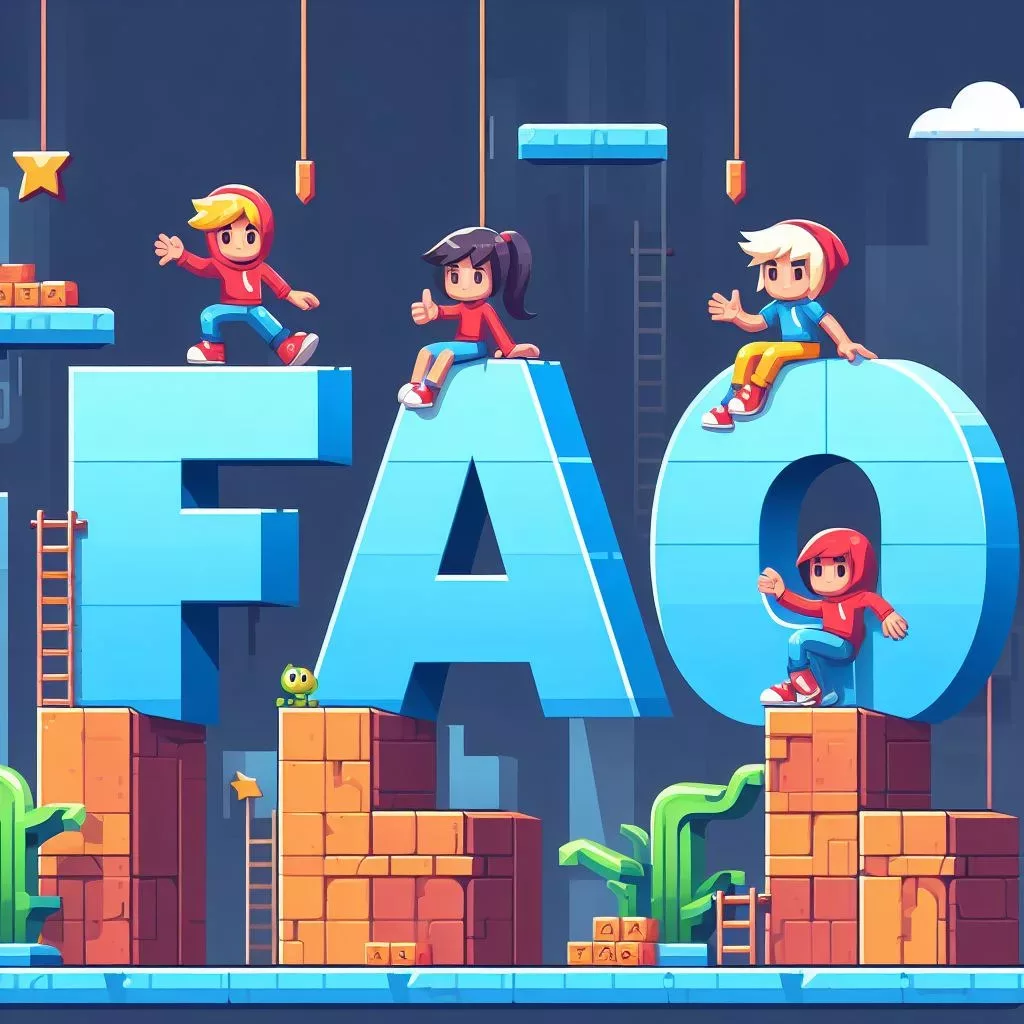
Frequently Asked Questions (FAQ) Publishing a Game
What is the difference between a game publisher and self-publishing?
A: Game publishing involves partnering with a company that oversees and finances the distribution and marketing of your game, while self-publishing means you take on these responsibilities independently.
How do I publish my game with a publisher?
To publish your game with a publisher, you would typically pitch your game idea to various game publishers and negotiate terms, such as revenue share and marketing efforts, if they decide to work with you.
Can I self-publish my game on Steam?
Yes, Steam allows independent developers to self-publish their games through the Steam Direct program, provided they meet certain requirements and guidelines.
What are the benefits of working with a game publisher?
Working with a game publisher can provide access to resources, expertise, marketing support, and funding to help your game reach a wider audience and increase its chances of success.
What are the drawbacks of working with a game publisher?
Some potential drawbacks of working with a game publisher include giving up a portion of your game’s revenue, relinquishing some creative control, and facing potential conflicts over decision-making.
How do I self-publish a game on multiple distribution platforms?
A: Self-publishing a game on multiple distribution platforms involves creating separate accounts on each platform, following their submission guidelines, and managing the release of your game across different storefronts.
What are the steps involved in publishing a game independently?
The steps for independent game publishing include developing the game, creating a marketing plan, setting up distribution channels, ensuring compliance with legal requirements, and managing ongoing promotion and support.
How can I market and promote my game as a self-publisher?
A: As a self-publisher, you can market and promote your game through various channels such as social media, influencer partnerships, email newsletters, press releases, and participation in gaming events and conventions.
What is the revenue share model in game publishing?
The revenue share model in game publishing refers to the percentage of the game’s sales or profits that the publisher and the developer agree to split, typically outlined in a publishing contract.
What is localization in the context of game publishing?
A: Localization in game publishing refers to the process of adapting a game’s content, such as language, cultural references, and user interface, to make it suitable and appealing to players in different regions and markets.
A game developer that wants to share its knowledge and experience with other game developers-


